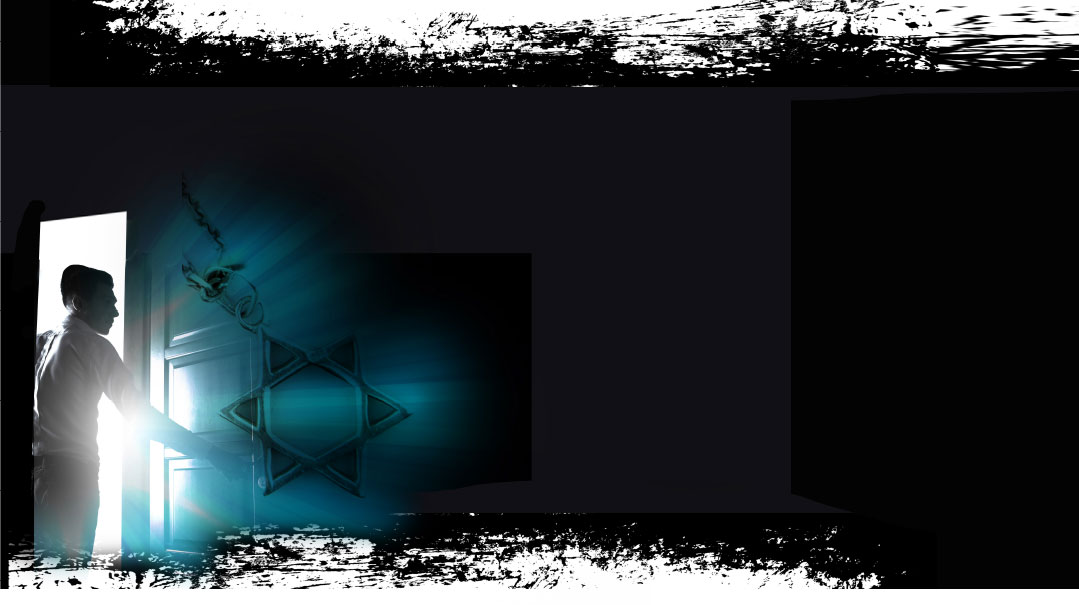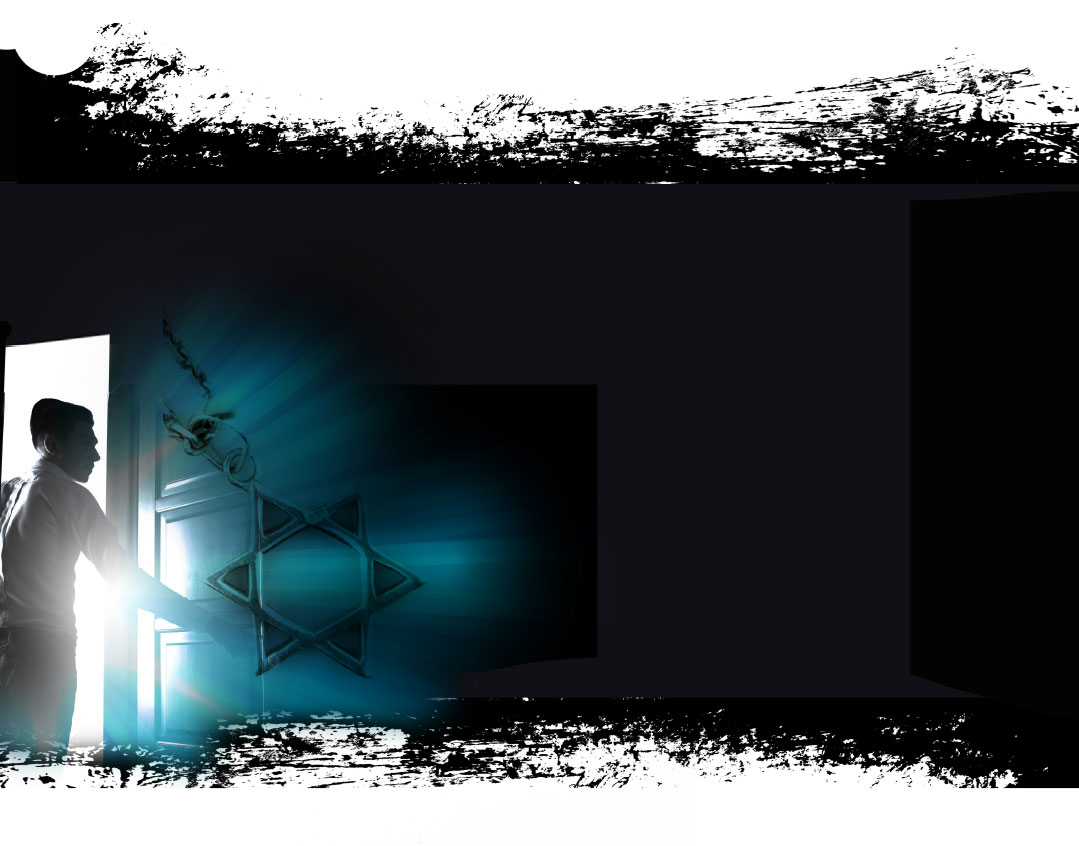Send Them Off as Jews: Chapter 8
| January 6, 2021“You know,” I tell them, “what’s important now is just being here”

I started writing this series about a year and a half ago. Since then, our experiences with the end of life have come a little closer to home — and become more painful.
Most people probably do not want to envision what the end of their life will look like. But if you could convince someone to picture what they would want at that time, one of the first words you would probably hear is “peaceful.” Hospice exists to provide, when possible, a peaceful end-of-life experience: days in which the person is surrounded by family, free of pain, and can live each precious day with calm and appreciation.
The pandemic brought many tragedies and losses. One of them is that this “peaceful” end of life often became unattainable. We heard, instead, of the end coming suddenly, of people leaving the world alone without family nearby, of families denied some of the Torah’s crucial framework for aveilus and nechamah.
I hope that this series has provided at least some perspective on what happens at the end of life, and perhaps some balm for emotions that are still raw. I have no prophetic words to explain why we had to experience this particular layer of suffering. But if Hashem saw fit to teach us new lessons about the end of life, let us try to learn them. After all, learning about the end of life means learning about life itself.
I wish I had a specific story to illustrate the following point, but it is so common that a generic story will fit any number of families I have seen.
Sarah is at the end of a long illness. After months of hospital visits, treatments, late night phone calls, and unending care and hishtadlus by her children, it is now only a matter of time. There is nothing left for medical science to do.
Sarah’s family is congregated in her room, assuming the positions and roles that have by now become familiar to them. When I visit them for the first time in the late afternoon, we talk about the basics: what to expect, what halachos to be aware of. It is clear that they have had a long day and are preparing to head home. But first they want to know if there is anything more they should do.
“You know,” I tell them, “what’s important now is just being here.”
Oops! We could not locate your form.



